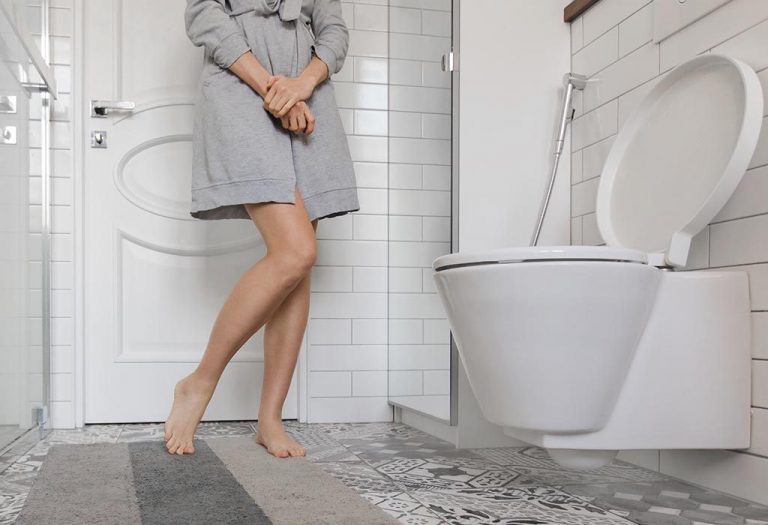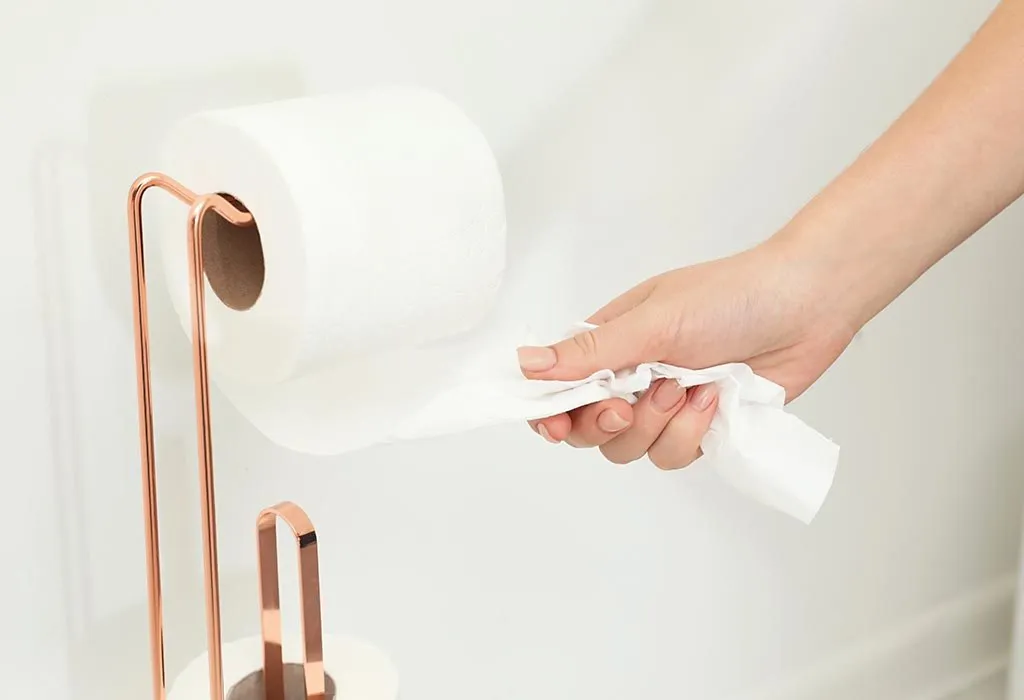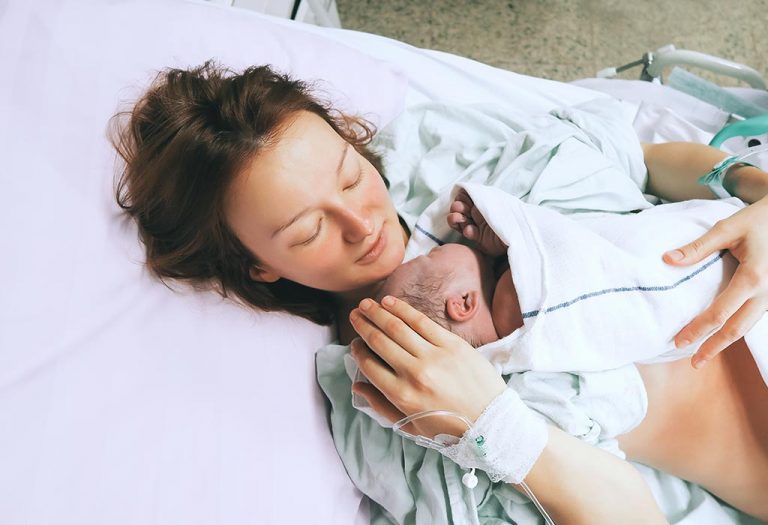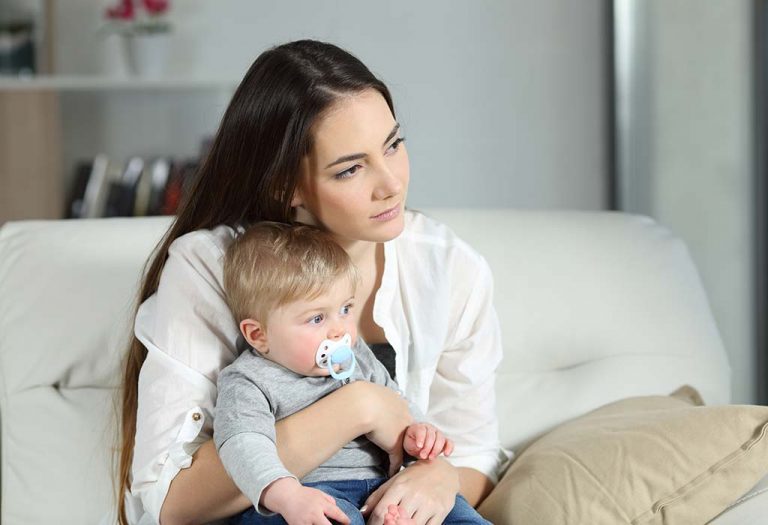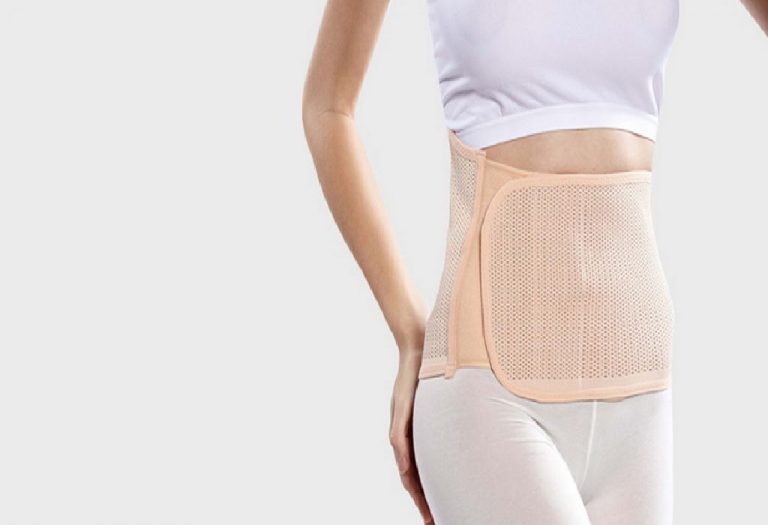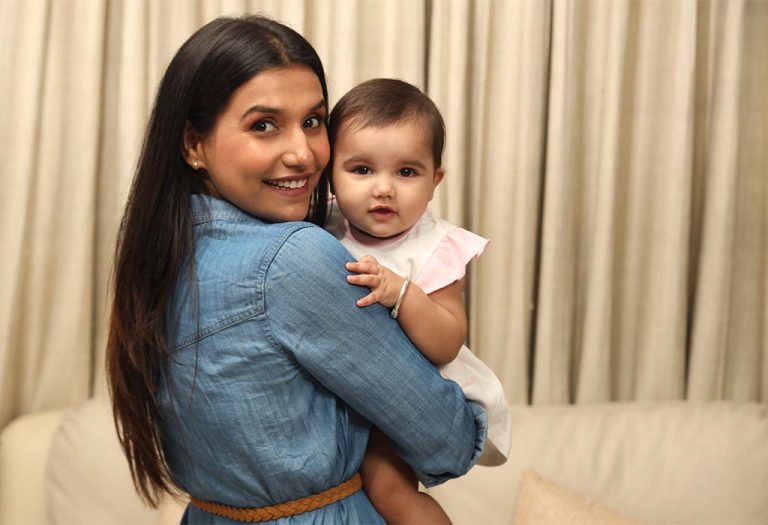Pooping After Birth: What to Expect & Tips for Relief

If you had never experienced any issues with your bowel movements before you got pregnant, there are chances that you may experience some changes during your pregnancy! But if you think that your woes may come to an end as soon as you deliver your baby, well, you may be disappointed to know that it may not be so. Many women experience challenges as far as passing their first stool after delivery (postpartum poop) is concerned. This article discusses the first poop woes that most women may face after delivering their baby. The first poop after birth, often referred to as the “after birth bowel movement,” can be a daunting experience for many new mothers. Understanding what to expect and how to manage this can make the experience less stressful.
Why the First Poop After Giving Birth Hurts More Than Labour?
So, what is this hoopla behind the first postpartum poop? Well, there are many reasons why it may hurt while passing the first stool after giving birth. Here are some common ones:
1. Vaginal Tearing
Most women may be given a cut or incision (also known as episiotomy) between their vaginal and anal area, to assist the vaginal delivery for widening the birth canal. During a normal delivery, sometimes, women may also experience tearing of the perineum and vulva. All this tearing around the vaginal region may cause pain when a woman tries to pass the first stool after having a baby (1).
2. Swelling
The fortunate ones may not experience any kind of tearing down there. However, there may be swelling after giving birth. This swelling may also cause a lot of pain and discomfort while passing stool.
3. Pain in the Stitches
The first stool after C-section can become a task in itself because the mother may experience tenderness and pain at the site of the stitches (2). She may fear to put pressure to release the bowel because the pressure may cause pain in the stitches, too. Also, if she’s had an episiotomy, she may be given stitches for faster healing. These stitches may cause pain, too.
4. Dehydration
Water is essential all through your pregnancy and even after birth! Your body will lose fluids during labour and delivery. You should drink ample fluids to replenish your lost fluids. However, if dehydration occurs due to lack of fluids in the body, it can make it difficult for you to pass your first stool or it may become one herculean task.
5. Lack of Movement
We understand that your body needs to rest and recoup its lost energy after the delivery. Make sure you move around. For this very reason, even women who have had caesarean deliveries are made to move within 24 hours after the surgery. This helps the body to get its normal functions going. If you are one lazy bum or too tired to move, you may have to face the brunt of experiencing the pain while pooping after delivery.
6. Lack of Fibre
A healthy diet is of prime importance for the mommy-to-be because it is beneficial for her baby and also for her own well-being. And to have smooth bowel movements after the delivery, it is important that you have a good, fibre-rich diet during your last month of pregnancy. A high-fibre diet not only prevents constipation, but it may also help in ensuring smooth bowels after your delivery (3).
7. Taking Strong Pain-Killers
As ironical as it may sound, but pain-killer medicines may cause pain, too. If you have had a C-section or episiotomy, your doctor would have prescribed pain-killer medicines. Sometimes, these pain-killers may cause constipation and difficulty in passing the first poop after a C-section. However, doctors may give you stool softeners to ease your poop woes.
8. Weakened Pelvic Floor Muscles and Abdominal Muscles
Your abdominal and pelvic floor muscles loosen up to accommodate your baby. After your baby comes out, these muscles may take some time to go back to its normal position. However, until then, it may cause a problem for you during bowel movements, especially the first one (4).
9. Fear or Mental Blockage
Believe it or not, sometimes the pain associated with passing stools after delivery is more mental than physical. This is because the mother, who has just delivered a baby, may still be under emotional stress and trauma. Passing the first poop may seem like reliving the same experience, and it may become intimidating for the new mommies. You tense up, and your muscles tense up too making the first poop experience even more painful and uncomfortable.
10. Delaying It
You may feel scared and may not want to go on the first day or may postpone until the next day. However, you should know that eventually, you will have to pass the stool. The more you delay, the more painful it becomes. Therefore, if you have delayed your first poop, the chances are you are going to experience more pain while passing the stool because it tends to get harder.
How Long Does It Take for the First Poop After Birth?
The timing of the first poop after birth can vary significantly from one woman to another, depending on factors such as delivery method, pain medication, hydration, diet, and individual body recovery. For most women, the first bowel movement postpartum typically occurs within 2 to 3 days after delivery. However, it can sometimes take longer, especially for those who have had a cesarean section (C-section) or who are dealing with postpartum pain, hemorrhoids, or fear of straining.
Common Postpartum Poop Problems
Postpartum poop problems can range from discomfort to more serious issues, making it important to understand what to expect and how to manage them. Below are some common postpartum poop problems that women may encounter during their recovery journey (5).
1. Constipation
Constipation is one of the most common postpartum poop problems. Hormonal changes, pain medications (especially after a C-section), dehydration, and fear of straining can all contribute to difficulty passing stool. Eating fibre-rich foods, drinking plenty of water, and using stool softeners as recommended by your healthcare provider can help alleviate this issue.
2. Hemorrhoids
Hemorrhoids, swollen veins in the rectal area, are a frequent concern after childbirth, often caused by straining during labour or constipation. They can make bowel movements painful and uncomfortable. Using over-the-counter creams, sitz baths, and avoiding prolonged sitting can provide relief.
3. Fear of Pain or Tearing
Many women experience anxiety about their first poop after birth, especially if they have perineal tears, episiotomies, or C-section incisions. The fear of pain or reopening stitches can lead to holding back bowel movements and worsening constipation. Taking deep breaths, using a stool for proper positioning, and applying gentle pressure with a clean pad can help ease the process.
4. Diarrhoea or Loose Stools
While less common, some women may experience diarrhoea or loose stools postpartum, often due to hormonal fluctuations, dietary changes, or medications. If diarrhoea persists or is accompanied by other symptoms like fever, it’s important to consult a healthcare provider to rule out infections or other complications.
Tips to Make It Easier
Pregnancy and childbirth may take a toll on your health, but with proper care, you may overcome all the ordeals and, in this case, you can use some of the following tips and make your first poop easier and a less painful experience (6).
- Make sure you take your stool softener medicines religiously. These are prescribed for a reason, and you must take them on time. Failing to do so may cause difficulty in passing the stools.
- Whenever you try and make your first attempt to poop after delivery, make sure you have somebody around you. You may be low on energy, and your body may be sore from delivery, and thus, you may require help to sit down or get up.
- Make sure you drink ample water and eat a good diet. Include fruits and vegetables in your diet. All of these will help you in easing out your first bowel movement.
- Place your hand on your tummy while putting the pressure. This is because women dread putting pressure, thinking that their insides may pop out if they put pressure, especially while pooping after a C-section. However, putting some counter pressure may help to feel better, and it may help you to poop.
- If after a couple of attempts, you are not able to pass your first poop, you should get help. Your doctor may prescribe medicines to ease your bowel.
- Don’t be afraid to move after delivery and make some attempts to do so. It may seem a bit uncomfortable, but it may help you pass your first stool with lesser discomfort.
- Try and try until you succeed! Yes, it even holds true in this case, too. If you fail in your first attempt, you should try after some time and so on, until you finally get over with your first postpartum poop ordeal.
When to Consult the Doctor
While some discomfort and changes in bowel movements are normal after childbirth, certain symptoms may indicate a more serious issue that requires medical attention. It’s important to monitor your body and seek help if you experience any of the following warning signs.
- If you haven’t had a bowel movement by the fourth day postpartum or if you’re experiencing extreme difficulty passing stool despite using stool softeners or dietary changes.
- If bowel movements are accompanied by sharp, unbearable pain, especially around the perineal area or C-section incision site.
- While minor bleeding from haemorrhoids is common, excessive or persistent blood in your stool could indicate a more serious problem.
- Symptoms like fever, chills, or foul-smelling discharge alongside bowel issues could signal an infection that needs immediate attention.
- If diarrhoea lasts for more than a couple of days or is accompanied by dehydration, dizziness, or weakness.
- If you’re unable to pass gas and experience bloating or abdominal pain, it could be a sign of a bowel obstruction.
FAQs
1. Is it normal to feel like my organs are shifting during a bowel movement?
After childbirth, especially a vaginal delivery, the pelvic floor muscles and ligaments may be weakened, leading to a sensation of pressure or shifting during bowel movements. This is often due to the body’s adjustment to postpartum changes. Pelvic floor exercises (Kegels) and time can help strengthen these muscles. If the sensation persists or is accompanied by pain, consult your doctor to rule out conditions like pelvic organ prolapse.
2. Why does my poop smell different after giving birth?
Postpartum hormonal changes, dietary adjustments, and medications (such as antibiotics or iron supplements) can alter the smell of your stool. Additionally, if you’re breastfeeding, your body’s metabolism and digestion may shift, contributing to changes in bowel movements. While this is usually normal, a persistently foul odour accompanied by other symptoms could indicate an infection and should be checked by a doctor.
3. Can I develop a fear of pooping after birth?
Yes, some women develop a temporary fear of pooping, known as postpartum bowel anxiety, due to pain, stitches, or haemorrhoids. This fear can lead to holding back bowel movements, worsening constipation. Practising relaxation techniques, using a stool for proper positioning, and seeking support from your healthcare provider can help overcome this anxiety.
This was all about bowel movement after giving birth. Bowel movements may become tricky for sometime after delivery because of all the reasons that are mentioned above. Keep these tips in mind to ease your bowel movements. If nothing helps, reach out to your doctor!
References/Resources:
1. Cleveland Clinic – Vaginal Tears During Childbirth
2. Mayo Clinic – C-section recovery: What to expect
3. Cleveland Clinic – Constipation
4. Cleveland Clinic – Pelvic Floor Dysfunction
5. Nemours Kids Health – Recovering From Delivery
6. HSE – Bladder and bowel problems after giving birth
Also Read:
Postpartum Abdominal Pain
Arthritis After Pregnancy
Healthy Foods to Eat After Delivery
What Causes Joint Pain after Delivery
Was This Article Helpful?
Parenting is a huge responsibility, for you as a caregiver, but also for us as a parenting content platform. We understand that and take our responsibility of creating credible content seriously. FirstCry Parenting articles are written and published only after extensive research using factually sound references to deliver quality content that is accurate, validated by experts, and completely reliable. To understand how we go about creating content that is credible, read our editorial policy here.






